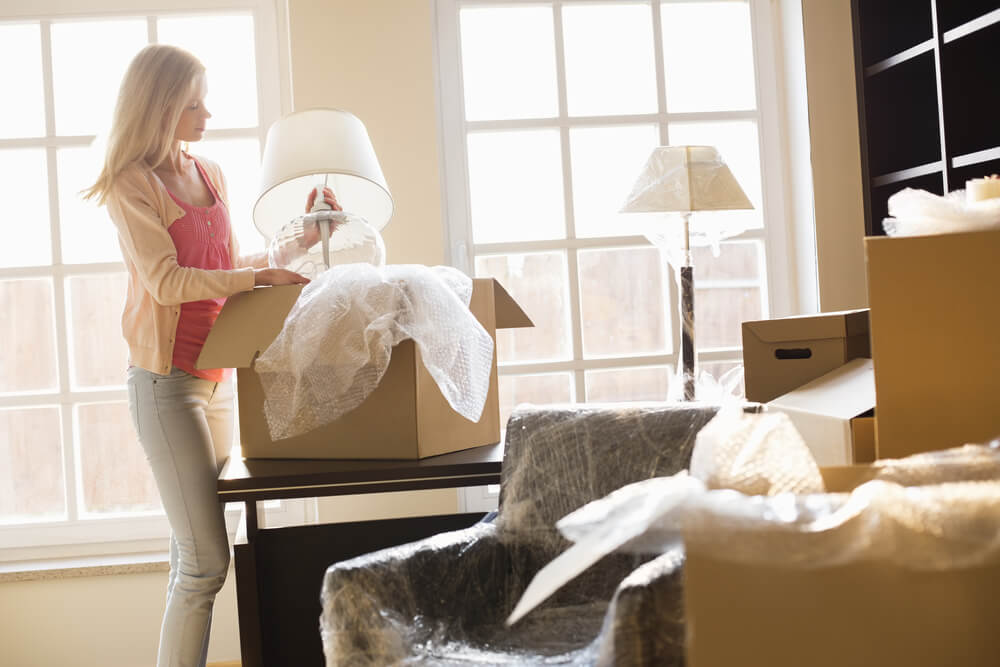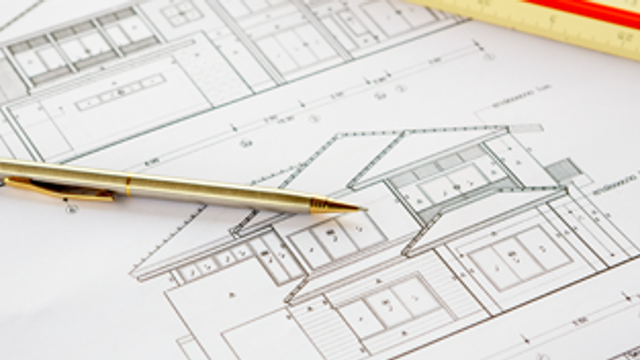If you own a property in England or Wales, you might have to pay part of your local church’s repair costs – even if you don’t go to church. This old law affects around 500,000 properties and could mean big bills of thousands or even tens of thousands of pounds.
What is chancel repair?
Chancel repair is a legal duty for some property owners to help pay for repairs to the church’s chancel. The chancel is the part of the church where the altar and choir are usually located.
This law dates back to the time of Henry VIII, when landowners were expected to help pay for their local church’s upkeep.
Even though people have called for it to be stopped, the law still affects homeowners today. In 2003, a couple in Warwickshire got a £100,000 bill for chancel repairs. After a long legal fight, they had to sell their home to pay the bill and their legal costs.
Where did chancel repair liability come from?
This law started in the 1500s during Henry VIII’s reign. When Henry broke away from the Roman Catholic Church, he sold monastery lands to wealthy landowners. These landowners got the land but also inherited the duty to repair the local church’s chancel. This duty has been passed down over the years, even as properties were split into smaller plots.
Today, you might own a home built on land that was once a monastery, and not know you've inherited this ancient responsibility.
How can chancel repair affect my property?
If your property is in a parish with a church built before 1536, you could be liable for chancel repair. This might:
- Lower your property’s value, making it harder to sell
- Affect mortgage applications – lenders may ask for insurance
- Lead to unexpected bills – potentially thousands of pounds.
After October 2013: Important changes
The law changed on October 12, 2013:
- Before this date: Liability affected properties, even if it wasn’t mentioned in deeds
- After this date: If a church didn’t register its interest before you bought, you’re not liable
But be careful: Churches can still register interest against properties that haven’t changed ownership since 2013.
Around 500,000 homes in England and Wales might be affected. If you’re a leaseholder, check your lease – the freeholder could pass this liability to you.
How do I know if my property is affected?
It might say on the deeds of the property, but this isn't always the case - especially if the deeds were drawn up before October 2013. If you bought the property after October 12, 2013, and no interest was recorded, it's unlikely you'll be affected. But it's still worth checking to protect your investment.
Simple ways to check for chancel repair liability
There are several ways to find out if your property might be affected:
1. Basic online screening search - these cost around £4-£6 and will tell you if your property is in a parish that might have chancel repair rights. They don't confirm liability but identify if there's a risk.
2. Full chancel repair liability search - these are more thorough and cost around £20. They check historical records and Land Registry entries.
3. Check the Land Registry - if a church has registered its interest, this will appear in your property's title register.
Don’t ask your neighbours – not all properties in the same parish are liable. Your neighbour might be liable, and you might not, or vice versa.
The safest way is to ask a solicitor to do a "chancel repair liability search." You can find a solicitor who specialises in property matters (a conveyancer) through the Council for Licensed Conveyancers.
Chancel repair liability searches cost around £20 and are usually returned within 24 hours.
Mortgage lenders and chancel repair
Most lenders now require:
- A chancel repair search
- Insurance if liability is found
- Proof the church hasn't registered interest (for post-2013 purchases)
Without these, getting a mortgage could be difficult, which directly impacts your ability to buy or sell affected properties.
How do I pay chancel repair?
If you have to pay a chancel repair bill, you will have to make the payment to the local parish church.
If you get a demand for payment, it's important to seek legal advice before responding. While the liability is legally enforceable, the amount and timing can sometimes be negotiated to reduce the financial impact on you.
Should I get chancel repair liability insurance?
If you're buying a property that could be liable for chancel repair, then it's worth thinking about chancel repair liability insurance. If the local church hasn't already recorded interest on your property, it doesn't mean it won't in the future. So, if there isn't an interest recorded, now is the time to get the insurance.
How much does chancel repair liability insurance cost?
For properties with no registered interest, insurance can cost as little as £15.95 as a one-off payment. If there's a recorded interest on your property, the insurance will cost more, but it will still be much cheaper than paying a repair bill.
What does chancel repair insurance cover?
A good policy will typically cover:
- The cost of repairs you're legally required to pay
- Legal expenses for defending against claims
- Any reduction in your property's value because of the liability
Most policies are one-off payments that cover you for as long as you own the property. This makes it a worthwhile investment to protect your home's value and your financial security.
Proposals for reform
Even though many have tried to change the law, chancel repair liability is still in place. The Law Commission has recommended it be abolished, and there have been private members’ bills in Parliament to end it.
For now, the best approach for homeowners is to check if your property could be affected and get insurance if needed. This small cost upfront can save you from big financial problems later. Changes may happen eventually, but there’s no clear timeline for when this ancient law will be removed from modern property law.
![Email icon]()
Become a money maestro!
Sign up for tips on how to improve your credit score, offers and deals to help you save money, exclusive competitions and exciting products!









